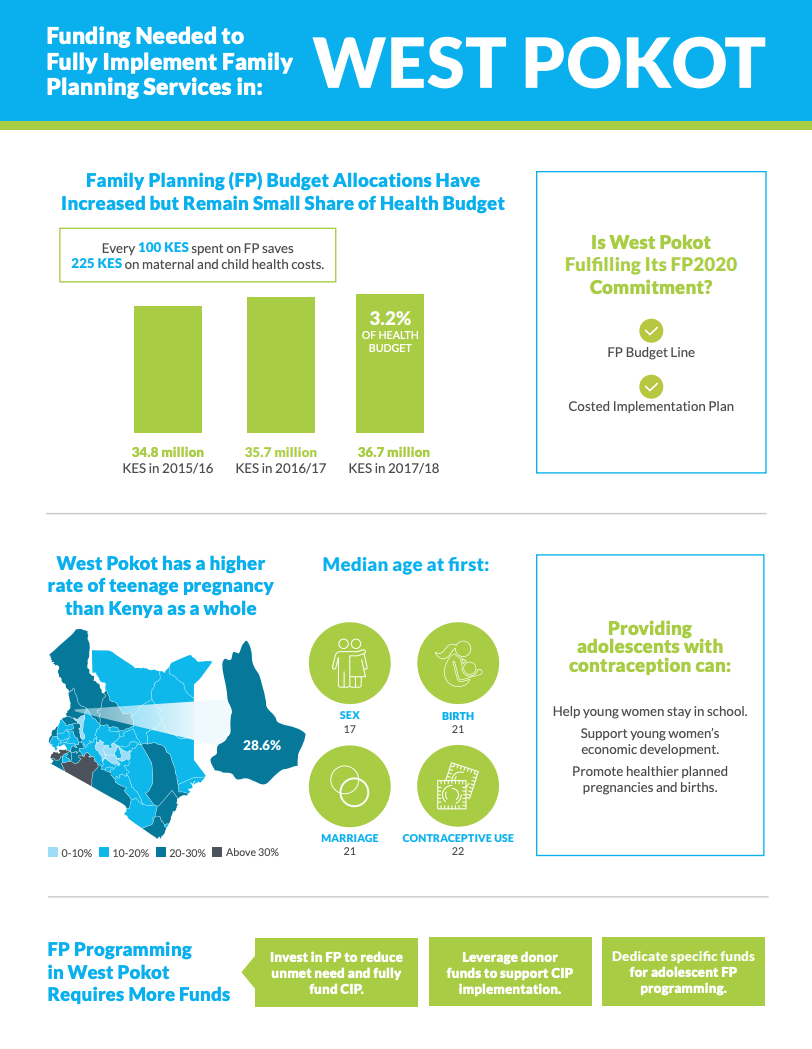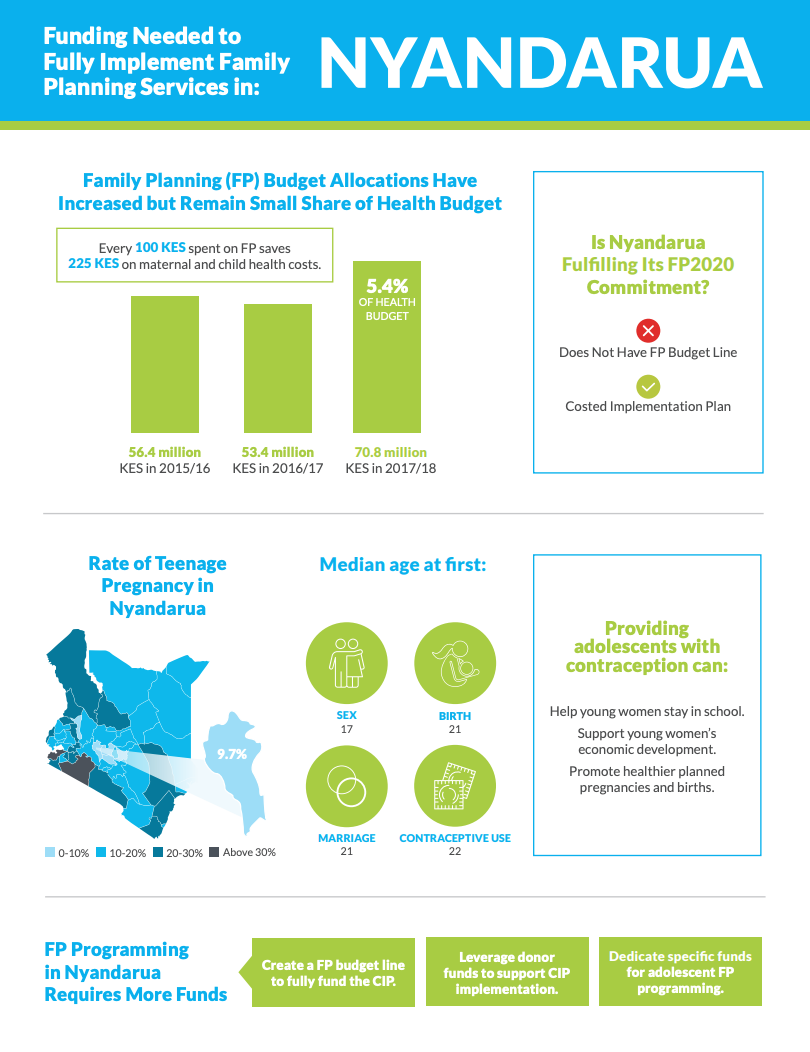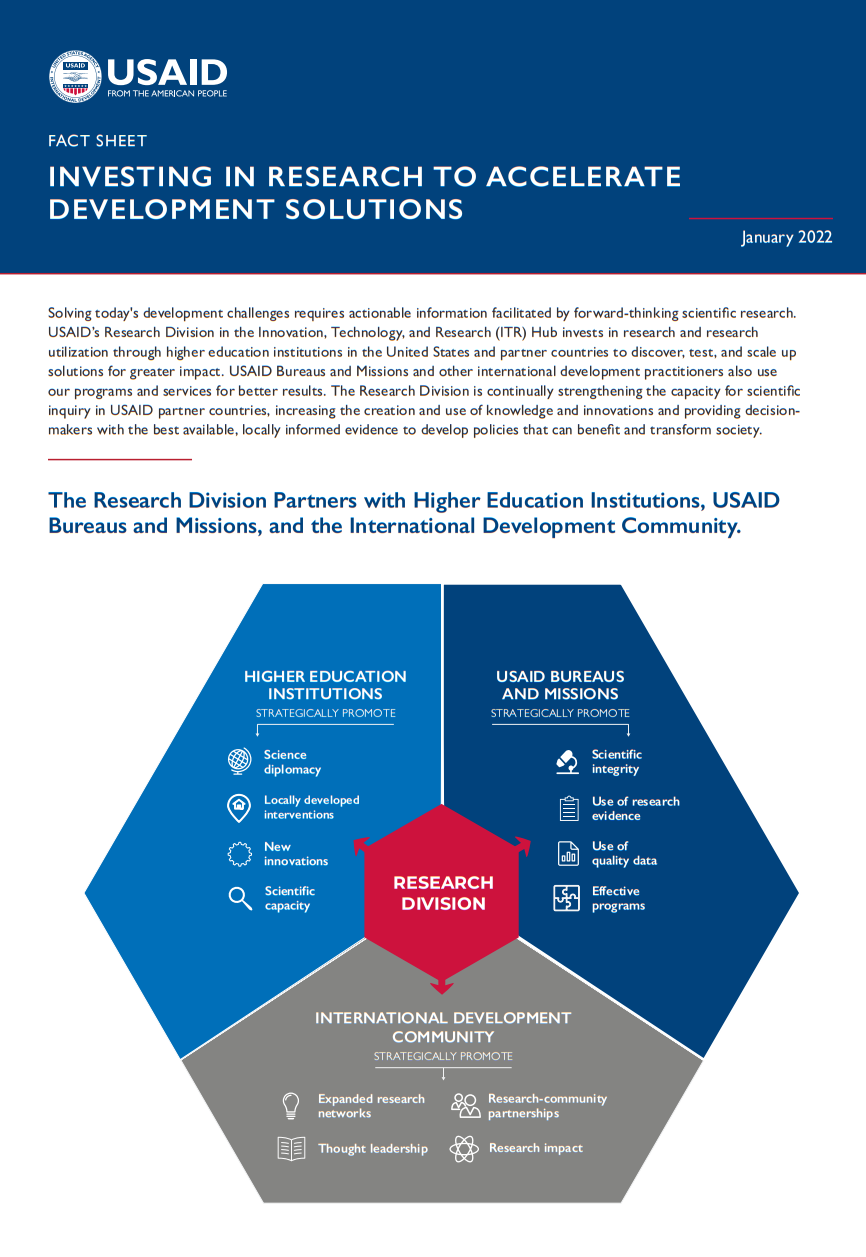Project: KIDS COUNT
In the Nest: Did the Pandemic Push Young Adults to Live With Their Parents?
Popular claims that the pandemic prompted young adults to "return to the nest" do not reflect reality.

Project: KIDS COUNT
Popular claims that the pandemic prompted young adults to "return to the nest" do not reflect reality.

Project: PACE: Policy, Advocacy, and Communication Enhanced for Population and Reproductive Health
An excellent reference and data analysis tool for instructors using the Data Sheet for a variety of topics and activities

The 2020 Census count began in January, kicking off a once-a-decade operation in which every household in the United States will be asked to answer a short series of questions that will influence policymaking and planning for the next decade.

Project: Empowering Evidence-Driven Advocacy
Family planning (FP) budget allocations have increased but remain small share of health budget

Project: Empowering Evidence-Driven Advocacy
Family planning (FP) budget allocations have increased but remain small share of health budget

Project: Research Technical Assistance Center (RTAC)
Research Technical Assistance Center (RTAC) developed a fact sheet and report to showcase the importance of investing in research to accelerate development solutions.

Project: Center for Public Information on Population Research (CPIPR)
Race may be a social construct but it’s one with consequences that may span generations. While both Black and white families can experience upward or downward wealth mobility from one generation to the next, studies show the dramatic socioeconomic disadvantages for Black families have persisted across generations.

Project: IDEA: Informing Decisionmakers to Act
The goal of “Improving Nutrition and Food Security Through Family Planning” is to raise awareness and understanding among decision makers about how family planning can help improve key measures of nutrition for mothers, infants, and children, as well as improve food security on a broader scale

(2016) Population, Health, and Environment (PHE) program implementers are increasingly considering how to best scale up their efforts. This webinar featured Pathfinder International staff who work on the Health of People and the Environment in the Lake Victoria Basin (HoPE-LVB) project, who spoke about leveraging advocacy and “beginning with the end in mind” to scale up and institutionalize their PHE project (PHE) in East Africa.